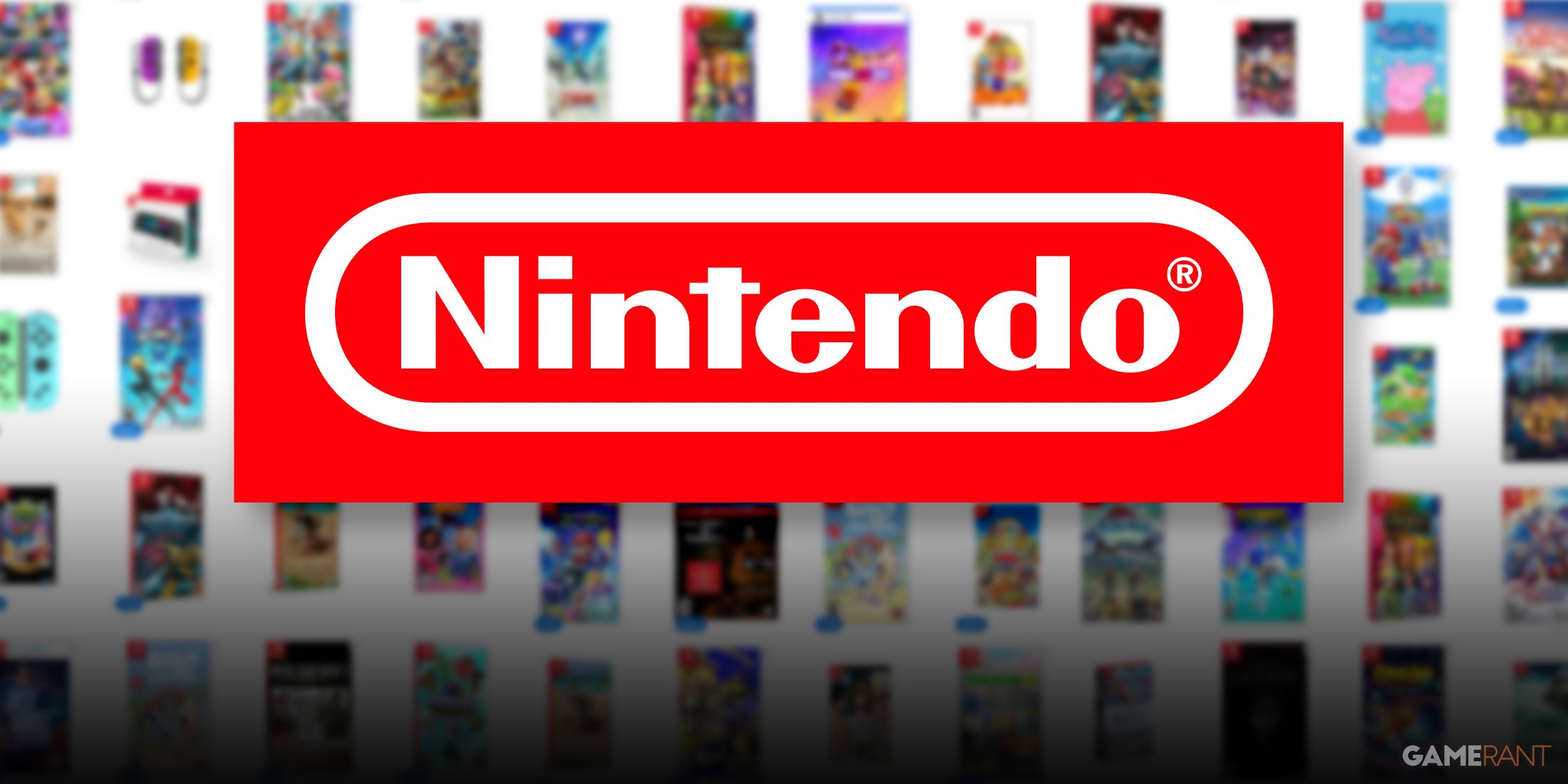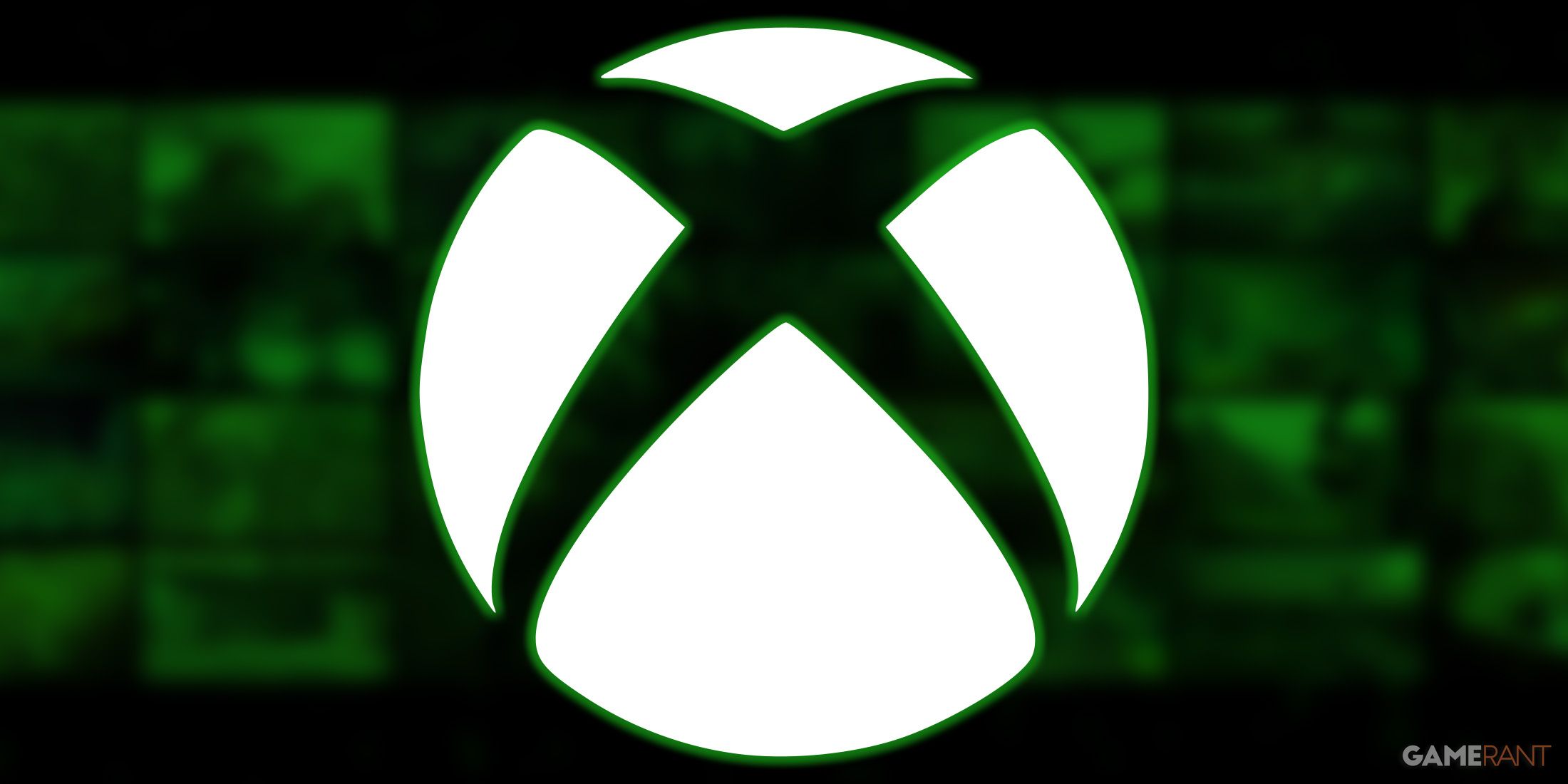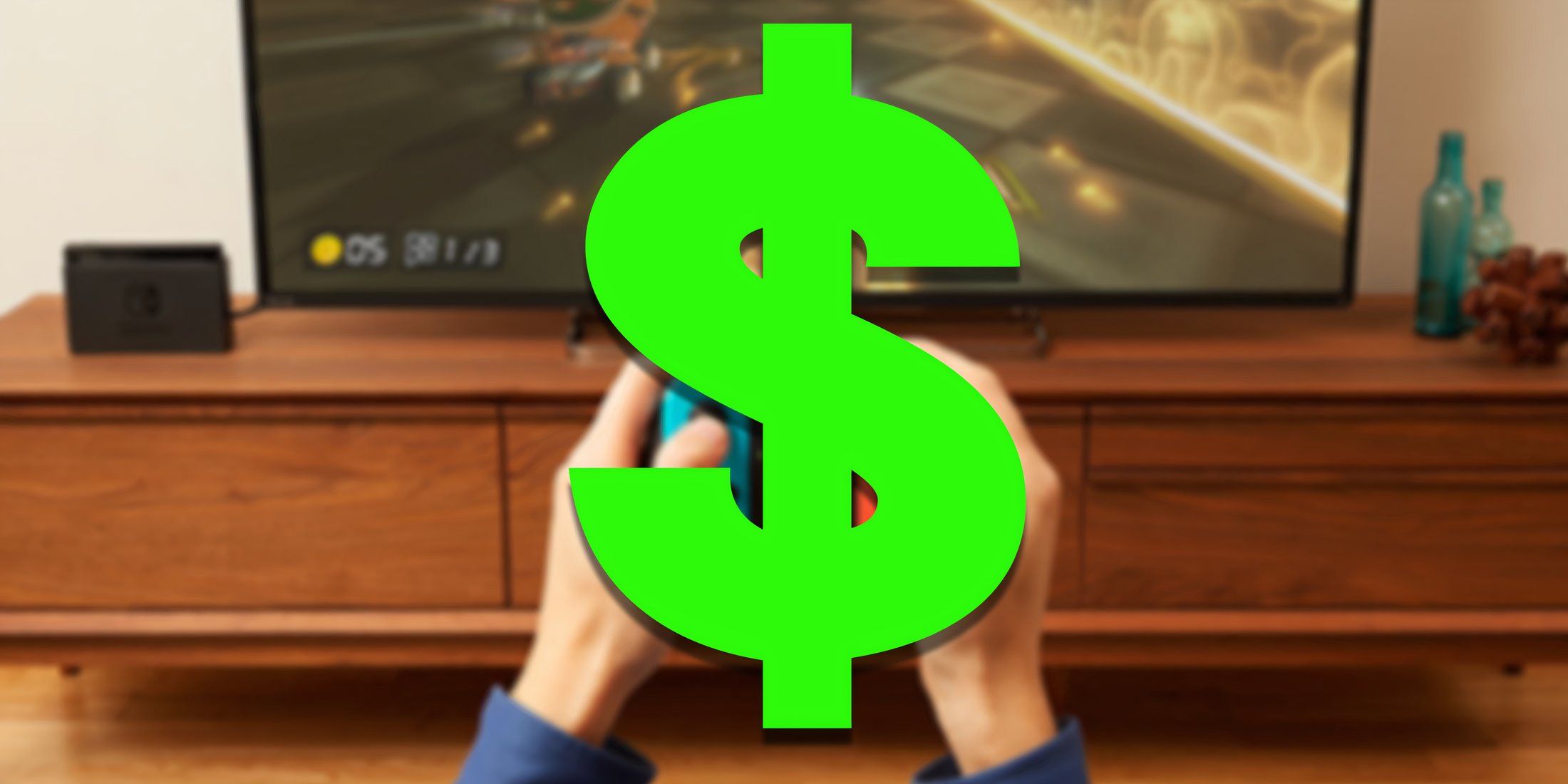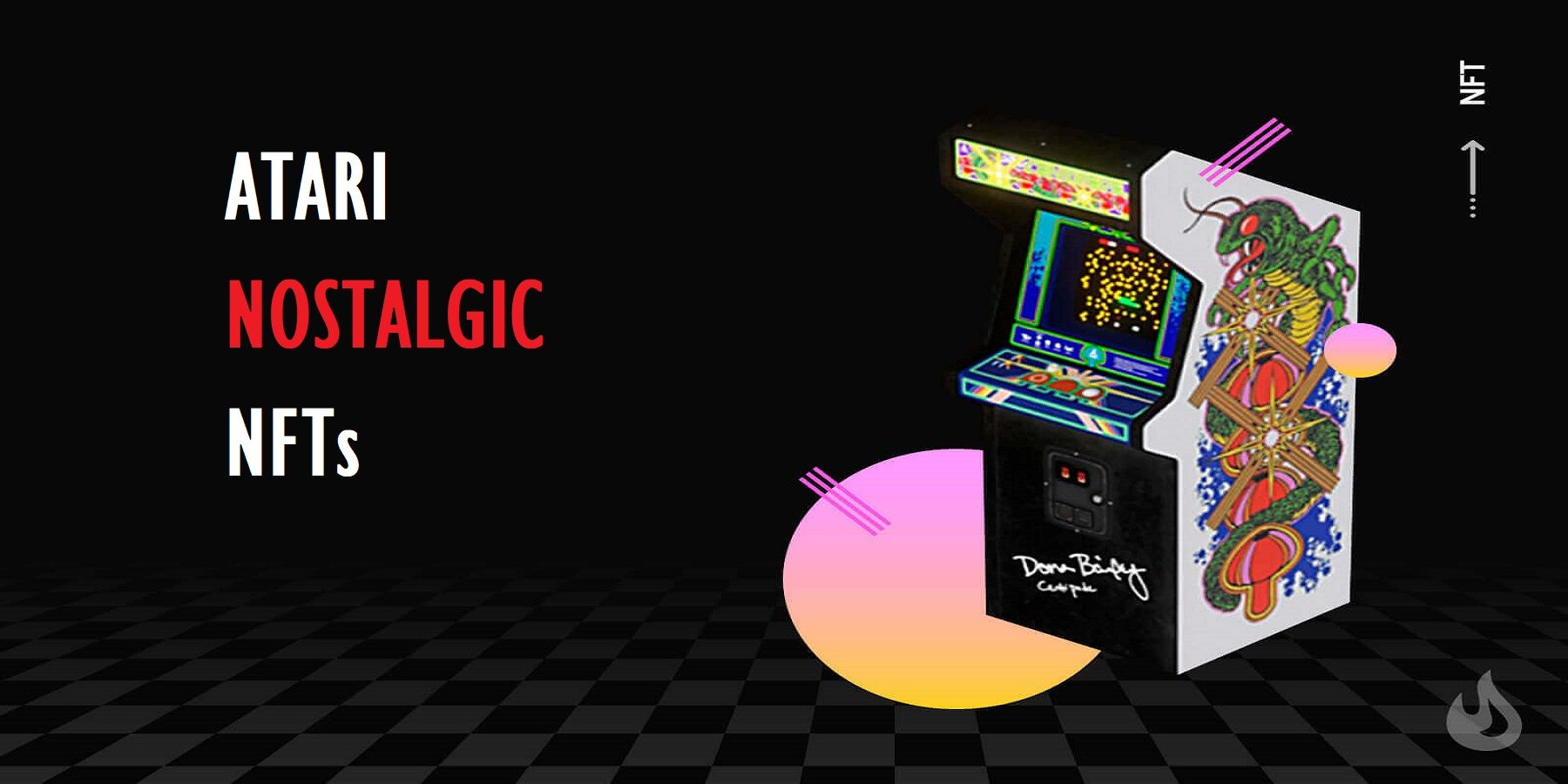Atari has made gaming history many times in the last half a century, and to celebrate this momentous occasion it has announced a new system that combines lootboxes with NFTs. The controversial decision is set to combine the Metaverse with "giftable" artwork celebrating Atari titles released over the last 50 years.
NFTs, or non-fungible tokens, have been increasingly mentioned among media outlets and celebrities throughout the past year, with many game companies making plans to incorporate them. Atari is teaming up with "NFT real estate developers" Republic Realm to realize this plan, selling off its artistic gaming collection to traders.
Atari CEO Wade Rosen said in a statement: “The Atari brand is synonymous with video games, and video gaming is the backbone of the metaverse." This sounds promising to users and traders, but Atari's proposal means it has put itself at the centre of the ongoing NFT controversy. Dubbed "GFTs", Atari's anniversary plan promotes the idea of multiple gift purchases with different rarities, similar to the drop rate of lootboxes being common, rare, ultra-rare, or similar variations thereof. The drop rates and real money required to purchase lootboxes, however, has led to comparisons of gambling being promoted for gamers.
NFTs are "owned" when a person buys them on the blockchain, named for the automated algorithm generated via popular cryptocurrency networks such as Ethereum. Much of its criticism comes from the blockchain requiring a lot of electricity and energy to generate for the sake of artificially scarce products. Recent findings estimate 48 kWh is used to generate one NFT blockchain, which is the equivalent to 1.5 days energy usage in a US household. These issues and controversies have resulted in some game directors firmly rejecting NFTs, such as It Takes Two director Josef Fares.
By combining two widely disliked facets of the modern gaming scene, Atari is not winning favor from gamers with this announcement. Many gamers are morally opposed to NFTs rather than simply not being fans of them, citing gaming and non-gaming related factors that companies like Konami are ignoring in favor of chasing profits. Depending on individual viewpoint, the formula of NFT lootboxes could also damage both concepts. Either Atari admit NFTs have value, and loot boxes are without a doubt real money gambling, or it admits that NFTs have no value.
Atari has been no stranger to controversy over the past five decades, and now it finds itself a part of another equally divisive event. 2021 saw Atari's first steps into cryptocurrency, and during this uncertain development it remains to be seen just how big an impact GFTs will leave on the classic company.




